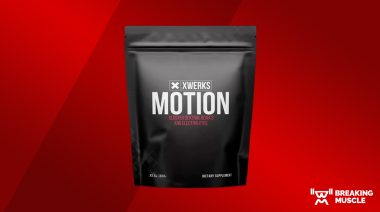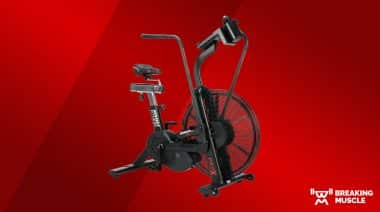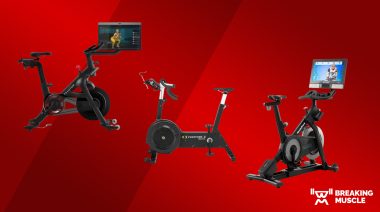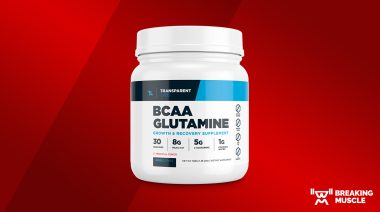With all the evidence to support the performance-enhancing effects of caffeine, it’s no surprise that energy drinks are the second most popular workout supplement after multivitamins. However, in recent literature it seems as though the benefits of caffeine in energy drinks are oddly absent. A study this month in the Journal of the International Society of Sports Nutrition cast even further doubt on the practice of consuming energy drinks.
In this study the researchers looked specifically at Monster, one of the more common choices for energy drinks. Another article I wrote recently tested the effectiveness of Red Bull. The results of that study were pretty insignificant, aside from the conclusion that Red Bull contributed to stress but didn’t affect performance. However, there were some oddities in the study design that left me wanting more information.
This new study did a more in-depth analysis of the effects of energy drinks. Instead of comparing energy drinks to a cola as previous research has done, the researchers compared them to a flavor-matched control beverage. They created their own drink out of non-caffeinated Diet Mountain Dew and lemon juice. The drink tasted similar but did not contain caffeine or sugar. The researchers also standardized the Monster to 2mg of caffeine per kilogram of body weight. To give you an idea of what that means caffeine-wise, it would be equal to about two cups of coffee.
Unfortunately, the researchers didn’t report on the previous caffeine use of the participants. They did advise the participants not to change their diet at all, with the exception that they should not consume caffeine 48 hours before the study began. Since caffeine tolerance could have altered the results, I suspect that this is something we will still need to see reported on in the future. However, since these were recreational exercisers in their twenties who were recruited for a university study where they got to drink energy drinks and exercise on a bike, I’m going to go on a limb and guess they were regular caffeine users.
One interesting feature of this study was that the Monster they used was a low-carb beverage. The carb content was even lower than the caffeine content, in fact. When examining energy drinks, the timing of sugar intake is of massive importance in terms of the results you get, since the resulting blood sugar highs and lows will probably overwhelm any benefit from the caffeine. With this low-carb version, you would expect a performance boost.
In the end, the only thing that made the energy group stand out from the placebo group was the resting heart rate of the participants. With the Monster, resting heart rate was higher by seven beats per minute. There was no difference in heart rate variability or performance. The energy drink group’s ride time-to-exhaustion was 1.7 minutes higher (meaning, it took the caffeine users 1.7 minutes longer to get tired) than the placebo group, but according to the researchers, this difference was not statistically significant.
These results were surprising, since caffeine should be more effective at that range. However, when we consider exercise intensity, the results appear a bit more significant. If these really are regular caffeine users (which, again, is nothing more than conjecture), the difference in of 1.7 minutes might be more than just a coincidence. It could actually be a trend that would be more significant in a larger group.
Ultimately, it’s hard to say what we have learned from this study. We can say that, in some conditions, a good-sized dose of caffeine isn’t enough to prove a statistical benefit during 45 minutes of exhaustive exercise. Perhaps if the participants were confirmed non-caffeine users, the difference would have been more significant.
References:
1. Michael Nelson, et. al., “Cardiovascular and ride time-to-exhaustion effects of an energy drink,” Journal of the International Society of Sports Nutrition 2014, 11:2
Photo courtesy of Shutterstock.






